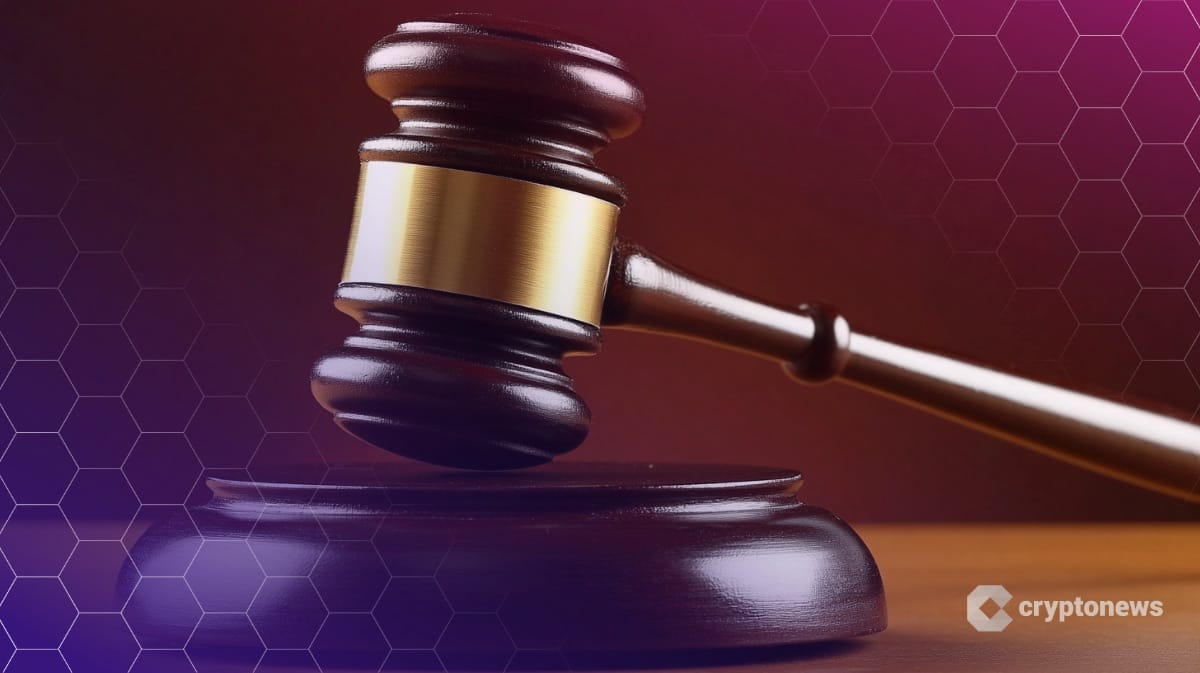
Key Takeaways:
- Hong Kong’s licensing regime could allow HKD- and CNY-pegged stablecoins to compete in Asian settlement markets dominated by the USD.
- Regulatory clarity may encourage institutional entry, but smaller firms could face high compliance costs under the new framework.
- Non‑USD stablecoin initiatives could test whether regional demand supports alternatives to dollar-backed assets in practical financial operations.
Hong Kong’s Stablecoin Bill officially took effect on August 1, establishing a licensing regime for fiat‑referenced stablecoin issuers.
Under the new Ordinance, any entity issuing fiat‑referenced stablecoins in Hong Kong—or abroad if pegged to the Hong Kong dollar—must obtain a license from the Hong Kong Monetary Authority.
Hong Kong Among First Regions to Regulate Stablecoins
According to a recent report, issuers are required to maintain proper reserve asset management, segregate client assets, operate stabilization mechanisms, and honor redemption requests at par value under reasonable conditions.
The law also mandates compliance with anti‑money laundering and counter‑terrorist financing standards, risk management protocols, disclosure rules, audits, and fit‑and‑proper criteria. The Monetary Authority said it will conduct further consultations on detailed requirements in the future.
Only designated licensed institutions may sell fiat‑referenced stablecoins in Hong Kong, and retail investors are limited to those issued by licensed providers. To combat fraud, advertising for unlicensed stablecoin issuance is prohibited, including during the six‑month non‑contravention period.
Non-USD Options Emerge in Alternative Markets
The Ordinance passed by the Legislative Council in May now places Hong Kong among the first global financial hubs with a dedicated licensing system for fiat‑referenced stablecoins.
By enforcing strict reserve and redemption rules, the framework seeks to reduce systemic risks and protect retail participants.
Institutional adoption may increase under the regime, as regulatory clarity often attracts larger financial players. However, compliance costs could limit participation from smaller firms, potentially concentrating the market among major issuers.
The law also positions Hong Kong to compete with jurisdictions like the U.S. and Singapore, where stablecoin frameworks are advancing. International alignment may prove key in drawing cross‑border capital and facilitating regulatory cooperation.
With the U.S. dollar-based stablecoins taking the lead in the global market, products like the HKD stablecoins and offshore CNY stablecoins are exploring opportunities to break out of the USD dominance in regional markets. If successful, the launch of non-USD stablecoins could offer a widely accepted alternative to mainstream settlement measures.
Frequently Asked Questions (FAQs)
By enforcing reserve and compliance requirements, issuers may face higher operational costs, which could influence transaction fees for users.
The reserve segregation and redemption rules are designed to ensure holders can redeem at par value even if the issuer collapses.
Yes. The framework opens a pathway for traditional financial institutions to issue fiat‑referenced stablecoins under strict regulatory oversight.






